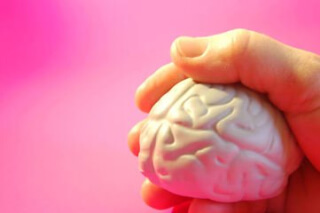How to Cope with an Alzheimer’s Diagnosis

Gitlin and Hodgson maintain that though there is no cure for Alzheimer’s, rather than despair, individuals diagnosed with Alzheimer’s and their families can take action to improve their lives. When facing a new and unknown problem, the first step is to learn what you can about it. The Alzheimer’s Association, the Lewy Body Dementia Association, alzheimers.gov, and the Association for Frontotemperal Degeneration all provide great information and resources.
In addition to those reference materials, expert elder law attorneys, financial planners, caregiver support services, and other personal resources are available. Families and individuals should seek referrals and consult with what this disease will and will not change about their lives.
For a family member or caregiver living with a person with Alzheimer’s mindful changes to the home and living conditions can have a major impact on well-being. When seeking expert advice on home changes, an occupational therapist can consult and provide guidance.
As Alzheimer’s advances, individuals’ needs will change. In the earliest stage, simply getting a reliable diagnosis is difficult – a study from Johns Hopkins reported that 60% of people with dementia do not have a diagnosis or are not aware of their diagnosis.
As dementia becomes more pronounced, depression and anxiety are the largest hurdles. Individuals often withdraw from activities around other people and turn inward. Engagement with others is the most direct and effective response to this stage. At the threshold of each stage, reassess the needs of the person with dementia and their caregivers.
Individuals with more severe dementia will have difficulty communicating, and it is up to the caregiver to try to anticipate these needs and minimize any discomfort. In the final stage of dementia, sensory stimulation provides the greatest comfort: a massage for touch, music for hearing, even flowers for scent.
At all times throughout the illness, Hodgson said that “it’s important to let people with dementia know that they belong and surround them with a feeling of warmth and affection.”
Reference: The Washington Post (August 9, 2018) “Learning To Live Well With Dementia”

